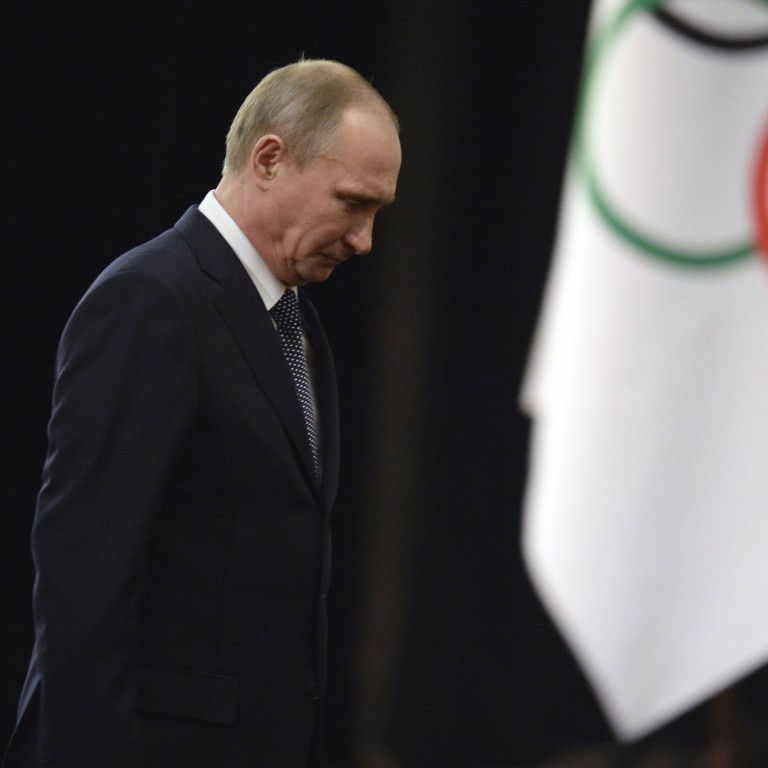
For Russia, an Olympic boost may be as elusive as natural snow in Sochi
Andrew Hammond assesses the meagre returns of the lavish Sochi Games
With the 2014 Winter Olympics beginning tomorrow, President Vladimir Putin has high hopes that a successful event will enhance the international reputation of Russia.
As a project of the utmost personal importance for Putin, an estimated US$51 billion has been spent, making these Olympics easily the most expensive in history, and more than three times as costly as the London 2012 Summer Games.
Ironically, it is partly because of this lavish spending (which has spawned allegations of corruption and cronyism) that Sochi is unlikely to have the positive public relations impact for Russia that Beijing 2008 and London 2012 did for their respective hosts. Indeed, there is a risk that Sochi could become the most controversial Olympics ever, with issues ranging from protests at Russia's new homosexuality law, to the threat of terrorism.
The new legislation is part of Putin's wider, populist political agenda of defending what he views as traditional family values and opposing gay marriage. But he has attempted to defuse the issue with a twin-track strategy. First, he clumsily indicated that gays were welcome in Sochi, provided that they "leave children in peace" (implicitly equating homosexuality with paedophilia).
He has been more sure-footed, however, with a carefully timed series of pardons for high-profile imprisoned figures, including the former Yukos head Mikhail Khodorkovsky; the Pussy Riot band members; and numerous Greenpeace activists charged after an Arctic oil drilling protest. These moves are astute, given that international protests at the continued imprisonments could have marred the Games. Instead, the amnesties have, at least partially, muted some human rights critics.
Nonetheless, the gay rights issue will not go away, and this is likely to be evident to the estimated 3.5 billion watching the events on television. One reason for this is that US President Barack Obama and other world leaders have already declined to attend Sochi, some partly for human rights reasons.
A second reason is that gay rights campaigners will wear branded clothing highlighting Principle 6 from the Olympic charter, which articulates the Olympic movement's opposition to all forms of discrimination.
The financial side of the Games has also come in for criticism. Aside from allegations of corruption and cronyism, there is the massive, almost farcical expenditure on huge amounts of machine-made snow. This has been necessary because Sochi is in fact a sub-tropical sea resort.
One other key source of controversy surrounds the potential for terrorist attacks, given that Putin has amassed numerous enemies, especially in the troubled North Caucasus.
For all of these reasons, it is unlikely that the Sochi Games will give Russia's reputation a major international boost.
While international indifference to Sochi may prove embarrassing for Putin, it will not mean the project is an abject failure. A successful Games could prove a key moment in his attempts to consolidate domestic support in Russia. Putin is acutely aware that his potential re-election in 2018, should he choose to stand again, is not necessarily the foregone conclusion it was in previous ballots.
In this context, holding an Olympics that is well regarded within Russia itself could be a pivotal point in a long re-election campaign that could see Putin remain in power until 2024.
If this were to happen, he would have achieved the truly remarkable feat of being prime minister or president for more than two decades, a longer period at the top than all the former Soviet Union's supreme leaders, except Joseph Stalin.

